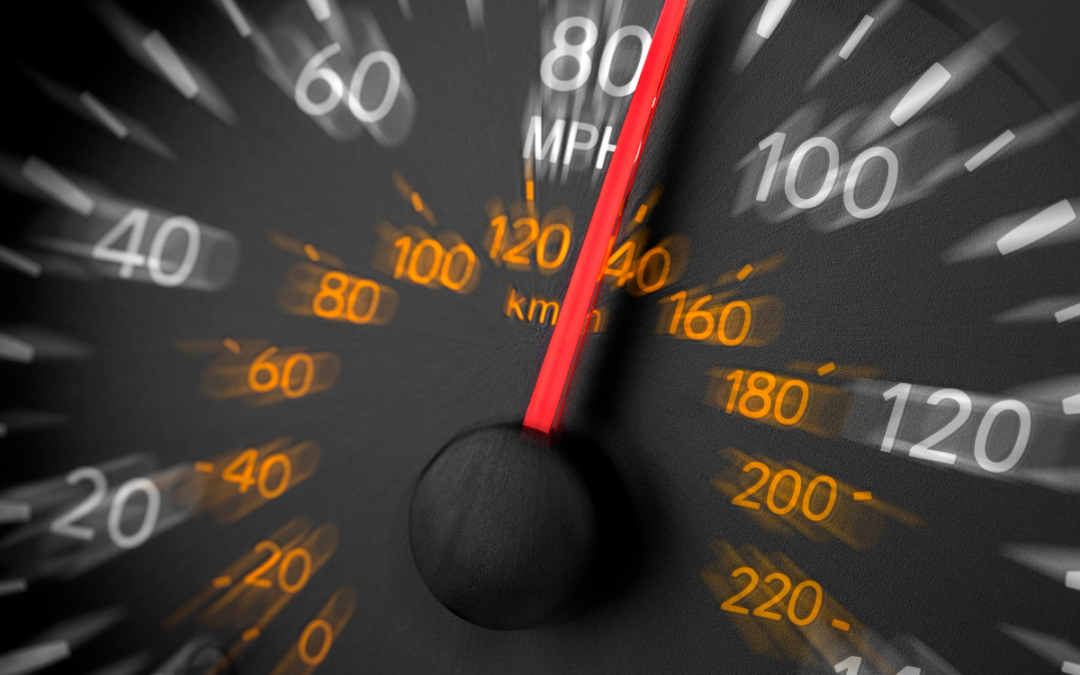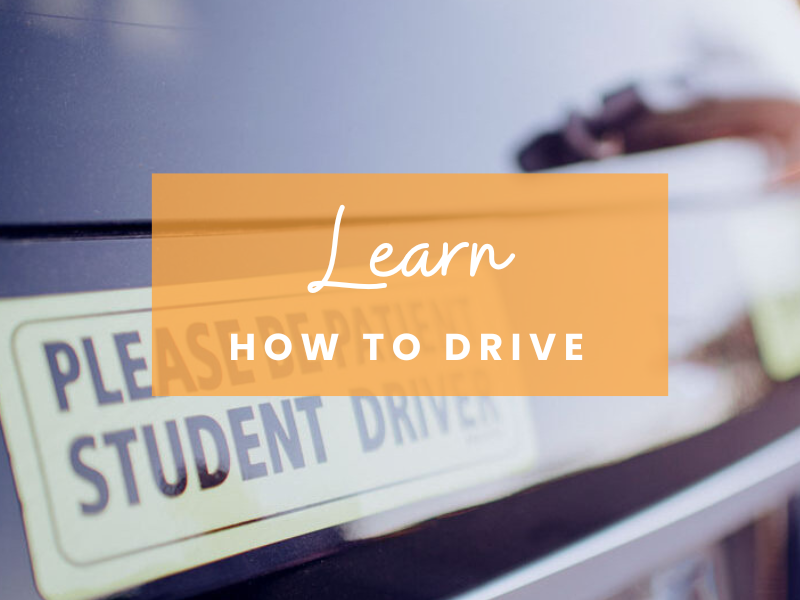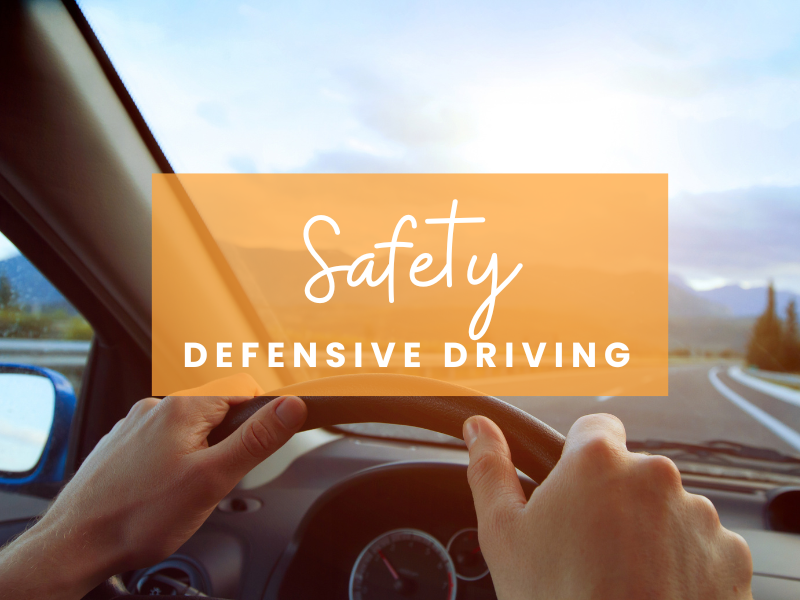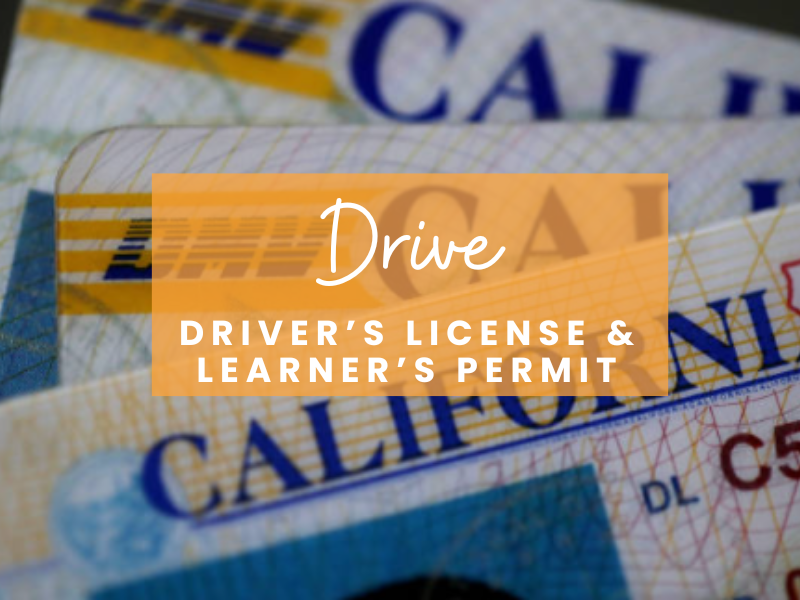Speed Laws & Consequences
Written By | Doreen Almirol | 20+ years CA DMV Licensed Driving Instructor
Speeding – a common sight on roads worldwide. While it may seem like a minor infraction to some, the consequences of breaking speed limits laws can be significant. In this blog article, we’ll explore the laws surrounding speed, the potential ramifications of exceeding those limits, and why it’s crucial to embrace a slower, safer pace on the roads
This blog may contain affiliate links, and if you make a purchase through these links, we may or may not earn a commission at no extra cost to you.
Understanding Speed Limits | The Law in Motion
Speed limits are not arbitrary numbers; they are carefully calculated and established to ensure the safety of all road users. In the United States, including California, speed limits are set based on factors such as road design, traffic flow, and safety considerations. Ignoring these limits not only endangers the violating driver but also puts others at risk.
1 | California’s Basic Speed Law
California operates on the Basic Speed Law principle (CVC 22350), emphasizing that drivers must maintain a speed that is reasonable and prudent given the current road conditions. Unlike fixed speed limits in some states, California’s approach encourages drivers to evaluate factors such as weather, visibility, road conditions, and traffic density when determining a safe speed.
To calculate a safe speed, consider the following:
Weather Conditions: Adjust your speed according to rain, fog, or any adverse weather that may affect visibility and road traction.
Road Conditions: Wet or slippery roads require reduced speeds to prevent skidding or loss of control.
Traffic Density: Higher traffic volumes necessitate increased caution and a slower pace.
Visibility: Diminished visibility, especially at night, warrants a slower speed to react to unexpected obstacles.
Remember, the goal is not just to adhere to speed limits but to ensure a safe and comfortable driving experience for everyone on the road.
2 | Common Speed Limits
Residential Areas: Typically 25 mph or as posted.
School Zones: Often 15 to 25 mph, especially during school hours.
Urban/Business Areas: Can range from 25 to 55 mph.
Highways: Variable, ranging from 55 to 75 mph or higher in certain states.
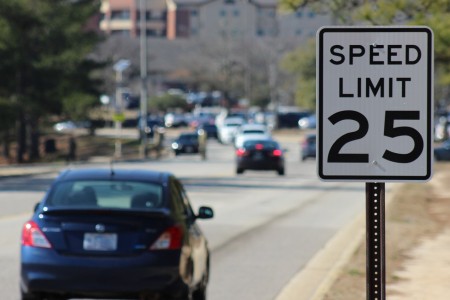
Consequences of Speeding | More Than a Ticket
1 | Traffic Tickets and Fines
When caught speeding, the most immediate consequence is receiving a traffic ticket. Fines vary based on how much over the speed limit you were traveling and the specific speed zone.
2 | Points on Your Driving Record
Speeding convictions typically result in the addition of points to your driving record. Accumulating too many points within a certain period can lead to increased insurance premiums and potential consequences, such as license suspension.
3 | Increased Insurance Costs
Insurance companies view speeding violations as indicators of risky behavior. Consequently, insurance premiums are likely to rise following a speeding conviction.
4 | Traffic School
In some cases, drivers may be eligible to attend traffic school to mitigate the impact of a speeding violation. Completion of the course can help mask the points on your driving record and prevent insurance rate hikes.
5 | License Suspension or Revocation
Repeat speeding offenses or extreme violations may result in the suspension or revocation of your driver’s license. Reinstating a suspended or revoked license often involves fines and fulfilling specific requirements.
6 | Legal Consequences
Excessive speeding or reckless driving may result in criminal charges. These serious offenses can lead to fines, probation, and, in severe cases, incarceration.
Safety First | Why Speed Limits Matter
Beyond the legal consequences, adhering to speed limits is fundamentally about safety. Speed limits are designed to protect everyone on the road, including pedestrians, cyclists, and other drivers. Excessive speed reduces reaction time, increases the severity of accidents, and diminishes the effectiveness of safety features like seatbelts and airbags.
The consequences of speeding extend far beyond the flashing lights of a speed camera or the fine associated with a ticket. It’s a matter of personal responsibility, respect for the law, and a commitment to the safety of ourselves and others on the road. So, next time you find yourself tempted to press that accelerator a bit too hard, remember the potential consequences, and embrace the slower, safer lane for the well-being of all road users. Safe travels!
Got a speeding ticket?
Don’t let it define your driving record! Enroll in Express Traffic School today – your ticket to a clean slate on the road. Our engaging and convenient traffic school courses not only dismiss those pesky points but also sharpen your skills for safer driving ahead. Take charge of your journey, click to enroll now, and experience the Express difference. Your smoother, ticket-free drive starts here!!

